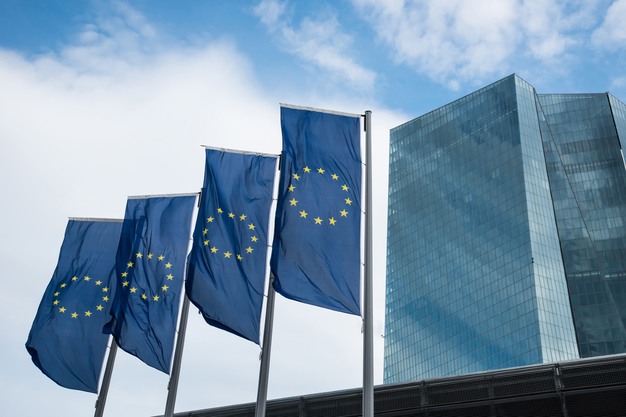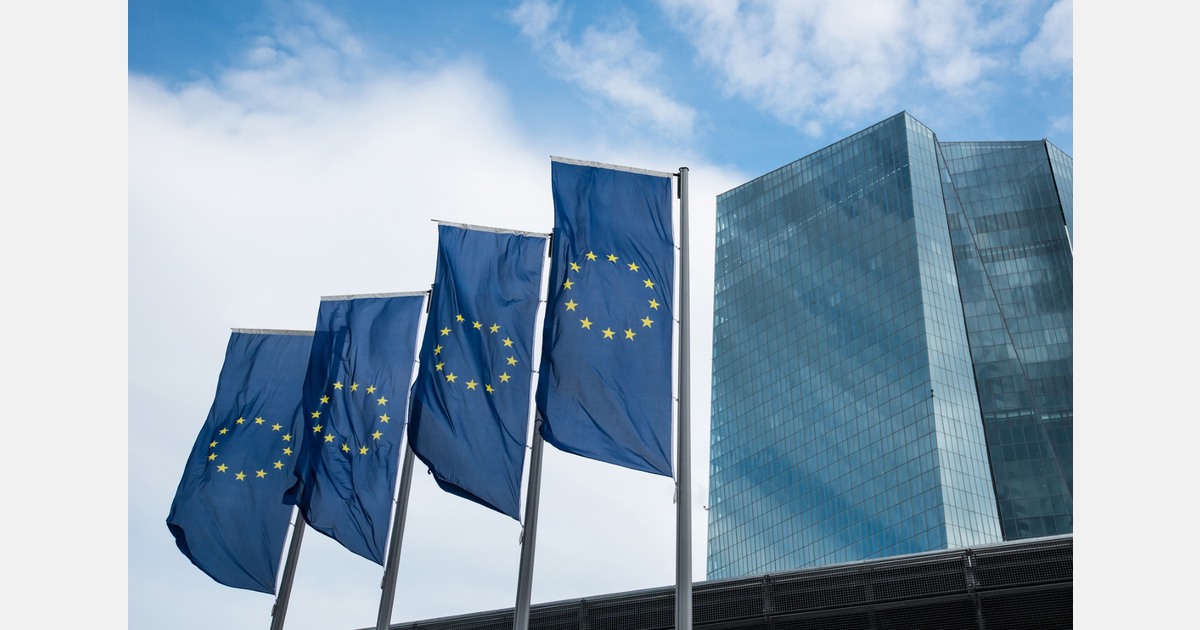Inflation across the eurozone remained stable in August, ticking up marginally from 2.0% to 2.1% as energy price declines slowed, while core inflation held steady at 2.3%, according to recent analysis by ING. The data indicates a calm inflation environment ahead of the European Central Bank’s (ECB) September meeting, offering reassurance to markets amid broader economic uncertainty.
 © Xxlphoto | Dreamstime
© Xxlphoto | Dreamstime
‘The eurozone inflation environment remains very sanguine for the moment,’ said Bert Colijn, Chief Economist at ING Netherlands. ‘Inflation is close to target, and core inflation – while still slightly above target for the moment – is quite stable.’
Breaking down the figures, services inflation edged down from 3.2% to 3.1%, while goods inflation remained steady at 0.8%. Energy prices, supported in part by favourable exchange rate movements, have stabilised, contributing to the overall muted inflationary pressures. Consumer expectations for inflation have softened slightly, with projected inflation falling to 2.5% from higher spring levels.
The labour market remains resilient, with unemployment declining to 6.2%, though wage growth continues to moderate. ‘Negotiated wage growth is still bouncing around on one-off effects, but the ECB’s forward-looking wage tracker (without one-off payments) is steadily expecting a further easing of wage growth towards the end of the year. With 2.5% wage growth expected by March of 2026, this could actually translate into a slightly softer inflation rate,’ Colijn noted.
With interest rates currently at neutral levels, the data suggests it is an appropriate moment for the ECB to maintain rates. Nevertheless, the bank’s doves could still advocate for a further reduction, particularly as slow growth persists and global economic risks remain considerable. ‘With slow growth, significant risks of downside surprises still prevalent, and the Federal Reserve expected to resume cutting rates again, the doves on the governing council could still push for one more cut before holding steady,’ Colijn added, cautioning that such a move would be challenging.
Overall, the eurozone’s inflation trajectory remains aligned with the ECB’s 2% target, while the labour market’s stability and moderate wage growth contribute to a predictable economic backdrop for the coming months.
More information:
ING
www.think.ing.com
